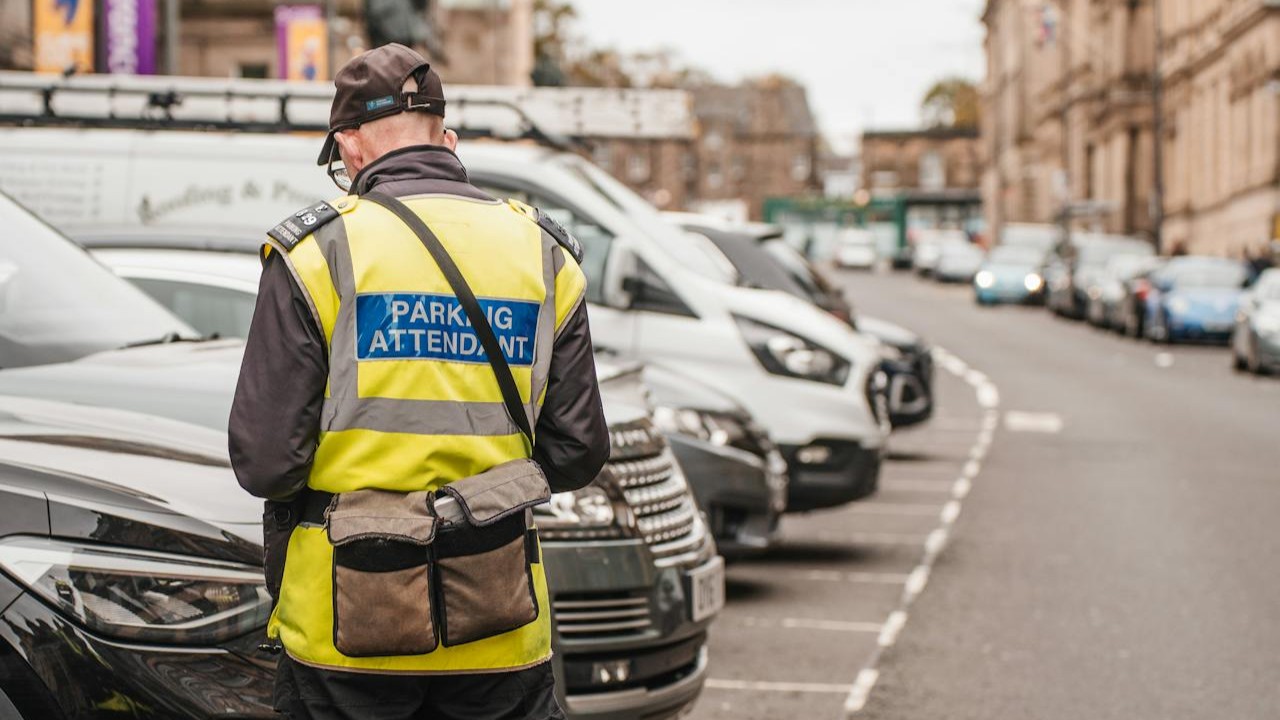Blue Badge Fraud: Understanding the Offence and Its Serious Consequences

Increase in Blue Badge Fraud Prompts Clampdown
The Blue Badge scheme is a lifeline for people with disabilities, giving access to designated parking bays, extended on-street parking rights, and exemptions from certain charges. But with demand for parking high and badges seen as valuable, cases of fraud and misuse are increasing across the UK.
While the government and councils are stepping up enforcement, it is important to understand the seriousness of Blue Badge offences — both for those caught using a fake badge and those who may misuse a genuine one without realising the legal implications.
What Constitutes Blue Badge Fraud?
Blue Badge offences fall into two broad categories:
- Using a fake or doctored badge – Forged or counterfeit Blue Badges are sometimes bought online or passed between drivers. Possessing or using one is treated as fraud, an offence that can lead to prosecution.
- Misusing a genuine badge – Even with a legitimate badge, it is unlawful to use it:
- if the disabled person is not present in the vehicle, unless they are being picked up or dropped off
- after the badge holder has died
- by a friend, carer or family member without the badge holder being part of the journey
Many cases investigated by councils involve family members using a badge without the badge holder, often not realising this is a criminal offence. But the law is clear: the badge is for the disabled person’s use only.
Penalties for Blue Badge Misuse
The law takes misuse seriously. Offences can result in:
- On-the-spot fines for parking in a disabled bay without displaying a valid badge.
- Fraud prosecutions for using fake, stolen, or misused badges. This carries the risk of an unlimited fine and up to two years’ imprisonment.
Court proceedings may also involve a criminal record, which can affect employment, travel, and personal reputation. For some, the consequences extend far beyond the original act of misuse.
Why the Law Treats It Seriously
Blue Badge fraud is not a “victimless crime”. Every fake or misused badge takes up space that should be available to those who genuinely need it. For many disabled people, parking close to a destination is the difference between independence and isolation. Fraudulent use undermines the scheme and creates real hardship for those it was designed to support.
Defending a Blue Badge Case
For anyone accused of Blue Badge misuse, the impact can feel overwhelming. However, it is vital to remember that defences and mitigating circumstances do exist. For example:
- Was the accused genuinely unaware of the rules around using a family member’s badge?
- Was there a misunderstanding about whether the disabled person was considered “present”?
- Was the alleged misuse a one-off mistake, rather than deliberate fraud?
Each case turns on its facts. A criminal defence lawyer can challenge the evidence, examine whether procedures were followed correctly, and put forward mitigating factors that may influence the outcome.
Final Thoughts
The rise in enforcement shows that councils and the police are under pressure to crack down on Blue Badge abuse. For those facing allegations, it is important to take the matter seriously. The penalties are severe, but with proper representation it is possible to ensure your side of the story is heard and to work towards the fairest possible outcome.
How We Can Help
If you have any questions regarding accusations of fraud and in particular blue badge fraud please don’t hesitate to call us now on 0161 477 1121 or email us.


